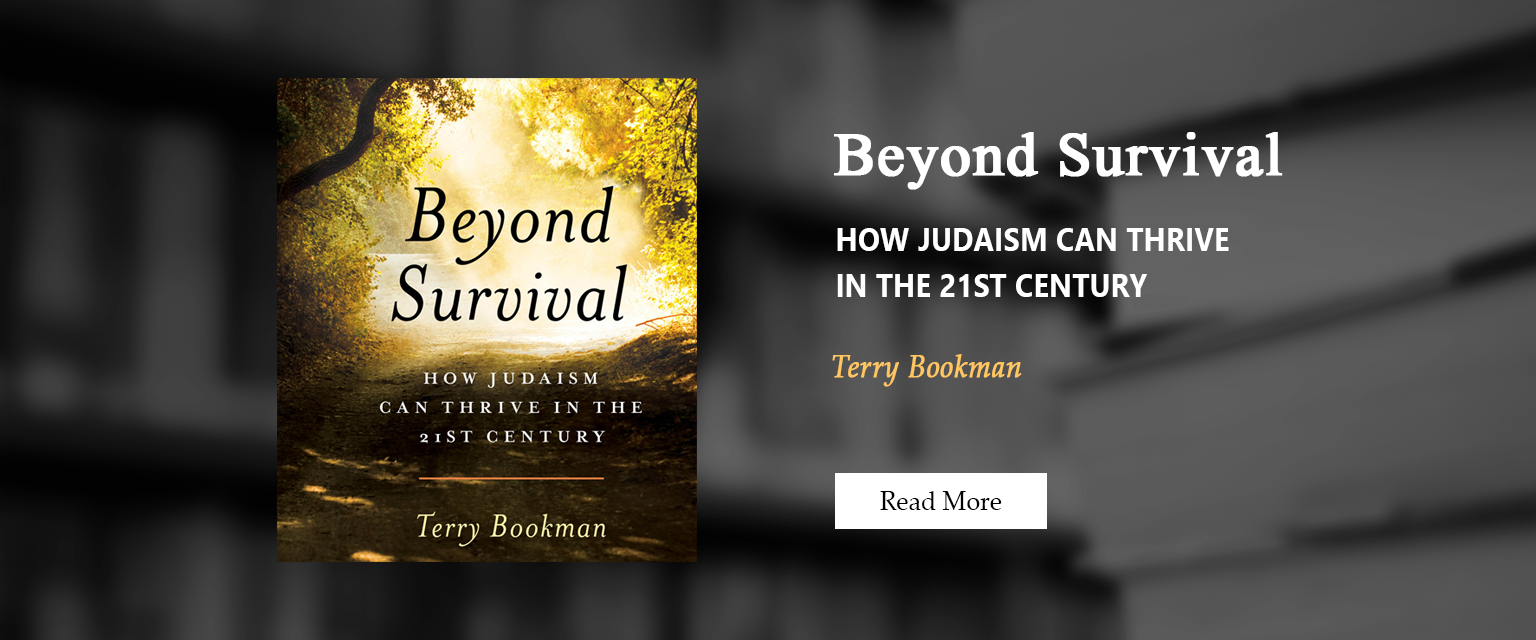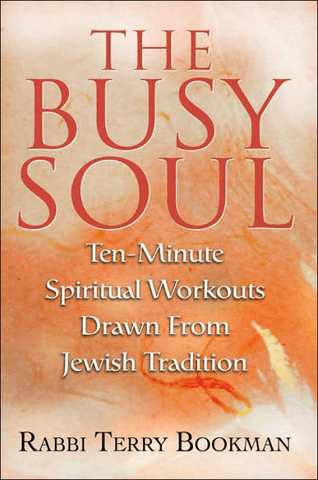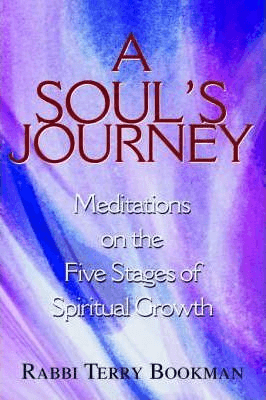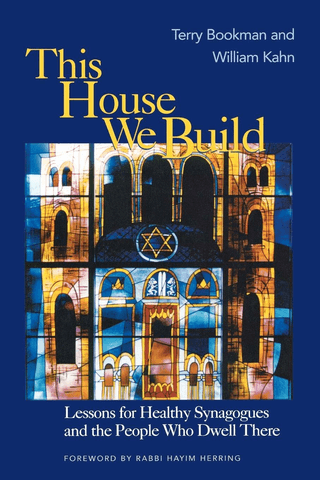|
Time, I think we can all agree, is a human construct. That is to say, there is no such thing as “time” out there in the universe. No one can bring me a bucket of time; not even a bunch. We made it up and it is a very handy tool. Sometimes. If I want to meet you for lunch, agreeing on the date and time is a good first step to making it happen. No argument there, at least not from me.
In Western Civilization our notion of time is linear. That is to say, we think of time as a straight line with a beginning, middle, and an end. Each of our lives can be seen that way as well. We were born; we grow up; we decline; and at some point, unknown to us but certain, we will die. But that is not the only way to conceive of time. In Eastern Civilization time is cyclical. Life is a continuous circle. A continuity. It comes “full circle” so to speak. And then it repeats, one cycle after another. Now I am not saying one way of looking at time is right and the other is wrong. After all, these are merely concepts, ways of thinking about time. What I am saying is that depending on one’s concept of time, we can understand human ageing in radically different ways. In linear time, getting older is a matter of waking up each day. If I wake up, something I very much hope will happen, something for which I am truly grateful, I am automatically one day older, one day closer to that unknown but certain end point. However, in cyclical time, I am merely going around the circle, starting at zero and returning to zero, and then starting all over again. How long I am alive in this body, in this lifetime, determines only the size of the circle, nothing more. Let’s say we take the Jewish ideal of 120 years. After all, to this day, because of Moses, at every birthday, it is traditional to say, “ahd may-er v’es-reem!” until 120! Using that number, which with all the medical breakthroughs is starting to look more and more like a possibility, the midway point in the circle is 60 years of age. But from that point onward one is heading towards zero. In essence, after hitting the midway point, one is “youth-ing”, not ageing. Chronologically, as I write this, I am 68 years old. But cyclically, I am 52! By the way, the Torah says Moses was undiminished until the end of his days—perhaps he was youth-ing as well. But there is even more significance than the simple number. In linear time we celebrate beginnings, live for the middle and all its significant achievements, yet fear, even dread the end. We see ageing as decline, loss, and diminishment. After all, we are no longer able to do what we once did, and God forbid, we might become dependent on others. No wonder why we hate it! Let’s contrast that with cyclical time. After the midpoint I am moving towards zero, literally starting to youth. What is the number one quality we associate with youth? For me it is freedom. As I youth I am more free to Be, me. No longer encumbered by the demands of raising children, work, and financial responsibility, as good as those were, I am free to experiment, try new things, develop new skills, and play. Having reached a solid sense of self, I no longer worry about what others think of me. No longer trying to impress others or having to look good, I can be more authentic. When people complain about their elders, it usually stems from them being ornery and obstinate, or as I like to think of it, no longer trying to please them. Especially the end looks quite different in the two concepts of time. In linear time the end is marked by decline, inability, lack of so-called productivity, and dependence—all despised in our culture. But in cyclical time we are returning to joyous infancy, a moment of “all self” and the opportunity for others to nurture and take care of us, all of our needs, just as we took care of them. We find it so cute with babies. Why not with our elders who loved us and whom we love? Are you ageing? Getting older? The choice is yours. After all, it is just a matter of how you see time.
0 Comments
Leave a Reply. |
Blogs and VideosArchives
January 2021
Categories |
|
I exist to be a connector—connecting people to themselves (allowing for awareness and insight, as well as wholeness and personal growth); to one another (creating sacred community); and to God (linking themselves to a Higher Purpose in all they do in life).
|
©2021 Eitzah, Inc. All rights reserved.







 RSS Feed
RSS Feed
